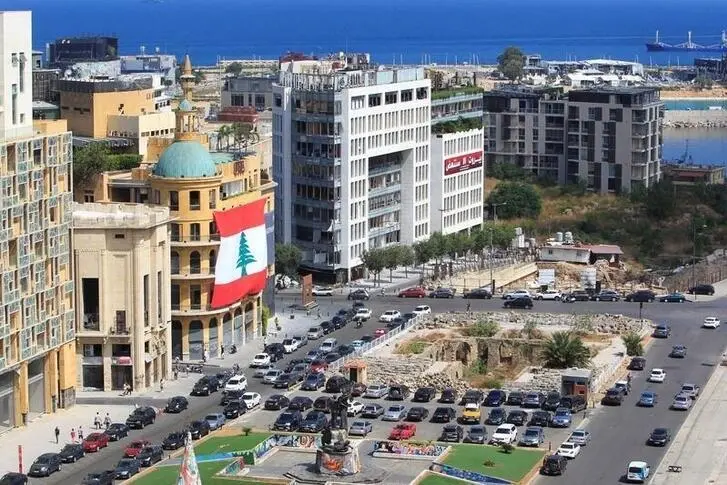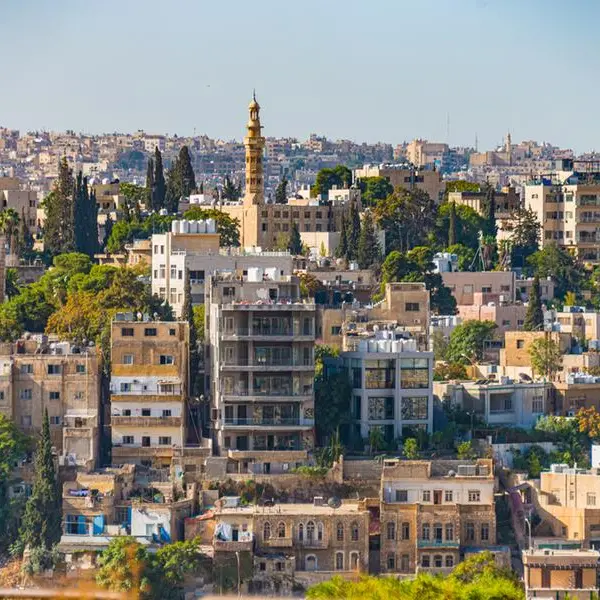PHOTO
WASHINGTON - The United States imposed new sanctions on Tuesday on two Lebanese brothers, as well as several of their companies, who it said had used their wealth to engage in corrupt practices that contribute to the breakdown of the rule of law in Lebanon.
"Today's action underscores the United States’ commitment to shining a light on corrupt actions, which continue to unjustly impact the Lebanese people," Treasury Department Under Secretary for Terrorism and Financial Intelligence Brian Nelson said in a statement.
"Now more than ever, the Lebanese government should implement desperately needed economic and political reforms."
The Treasury imposed sanctions on businessmen Raymond Zina Rahme and Teddy Zina Rahme, accusing them of using companies under their control to win multiple government contracts through "a highly opaque public tendering process," the agency said in a statement.
The Treasury said the brothers in 2017 secured a subcontract to import fuel for use by Lebanon's state-owned national electricity utility and to import fuel on behalf of the Lebanese Ministry of Energy and Water in a reportedly corrupt bidding process.
Washington said the two imported tainted fuel while contracted, causing significant harm to power plants in Lebanon.
Through their United Arab Emirates-based company ZR Energy DMCC, which was also hit with sanctions on Tuesday, they "passed off their dangerously compromised fuel product by blending it with other fuels," Treasury said.
"While the Rahme brothers enriched themselves with this scheme, the Lebanese people suffered, and the country’s infrastructure further deteriorated. Power stations across Lebanon increasingly malfunctioned and daily electricity cuts increased," Treasury said in the statement.
The Rahme brothers have previously denied links with ZR Energy DMCC, one of two firms that had been subcontracted to import fuel for Lebanon’s power stations which was found to be tainted, prompting a large-scale investigation by Lebanese authorities in 2020.
At the time, Teddy Rahme argued that his ZR Group Holding, also hit with sanctions Tuesday, has no links to ZR Energy DMCC. The charges of fraud, forgery and money laundering were subsequently dropped.
Tuesday's move freezes any U.S. assets of the Rahme brothers or their companies also hit with sanctions, and generally bars Americans from dealing with them.
The brothers could not immediately be reached for comment.
Public provision of electricity in Lebanon has been poor since the country's 1975-90 civil war but has deteriorated further over the last three years as the financial crisis has weakened the government's ability to secure fuel.
State power stations are almost entirely offline and fuel subsidy cuts have caused operating costs for private generators to skyrocket.
(Reporting by Daphne Psaledakis and Rami Ayyub in Washington and Maya Gebeily and Timour Azhari in Beirut; Editing by Chizu Nomiyama and Jonathan Oatis)




















